By Brian J. Markowitz and Max Rayetksy
Since the New York Court of Appeals landmark decision in First National Stores Inc. v. Yellowstone Shopping Center, Inc., commercial tenants have had a powerful tool to delay termination of their commercial leases for alleged violations. Upon being served with a notice to cure, a commercial tenant, who could show an ability to cure the alleged default (short of vacating the premises), could seek an injunction, staying the lease termination, and preserving the status quo, while seeking an adjudication that they are not in default of the lease or taking the necessary steps to cure the default. Such injunctions have been termed Yellowstone injunctions and can often take on a life of their own, spurring several years’ worth of costly litigation.
In order to avoid the costs and expenses a landlord is often exposed to in litigating these Yellowstone injunctions, one landlord added a clause to their commercial leases, stating, in essence, that the tenant “waives its right to bring a declaratory judgment action with respect to any provision of this Lease or with respect to any notice sent pursuant to the provisions of this Lease.” The lease actually went one step further and stated that “Any breach of this paragraph shall constitute a breach of substantial obligations of the tenancy, and shall be grounds for the immediate termination of this Lease.” The lease also provided that if Tenant did bring an injunction and it was unsuccessful that tenant would be liable to landlord for attorneys’ fees.
Predictably, under one such lease containing these provisions, a dispute arose, and landlord served a ten day notice to cure violations. Tenant commenced an action seeking a declaratory judgment that the leases at issue were not violated and other relief. Thereafter, tenant moved for a Yellowstone injunction. Landlord denied the complaint and asserted the defense that tenant contractually waived its right to a Yellowstone injunction. The Supreme Court denied the Yellowstone injunction, based on the language of the lease and the tenant appealed. Tenant appealed the decision to the Appellate Division Second Department.
In 159 MP Corp. v. Redbridge Bedford, LLC a split Second Department affirmed the Supreme Court’s decision and held that the waiver of a Yellowstone injunction did not violate public policy. The Second Department held to hold that the waiver of declaratory judgment remedies in contractual leases between sophisticated parties is unenforceable as a matter of public policy does violence to the notion that the parties are free to negotiate and fashion their contracts with terms to which they freely and voluntarily bind themselves. The fact that with the benefit of hindsight, a party believes that it had agreed to an unfavorable contractual term, does not provide courts with authority to rewrite the terms of a contract or to extricate parties from poor bargains.
The dissent argued that the right to injunctive relief not personal to the individual, but rather serves an important societal function. “The declaratory judgment action serves an important public policy function in resolving controversies before they escalate into a breakdown of the contractual relationship … Thus, the declaratory judgment action promotes civility in contractual relations, allowing the parties to obtain a judicial interpretation of their rights and obligations so that, rather than suing for damages or specific performance after the fact, they may fulfill their promises to one another.”
Despite the Dissenting opinion, it is clear that parties to commercial leases are now free, when negotiating and drafting a commercial lease, to incorporate the waiver language into their agreement, thereby precluding the commercial tenant from obtaining injunctive relief in court and limiting the parties to Civil Court summary proceedings to resolve their alleged breaches of the lease.
Notes
¹ 21 N.Y.2d 630, 290 N.Y.S.2d 721 (1968)
² 2018 NY Slip Op 00537 (2d Dep’t) (Jan. 31, 2018)
_______________________________________________________________
For more information regarding Yellowstone injunctions, lease drafting and negotiation, landlord tenant litigation, or our Real Estate and Litigation services, please contact Brian J. Markowitz, Max Rayetsky or your Goldstein Hall Attorney.
View full article: Leases May Waive Yellowstone Injunction Relief


